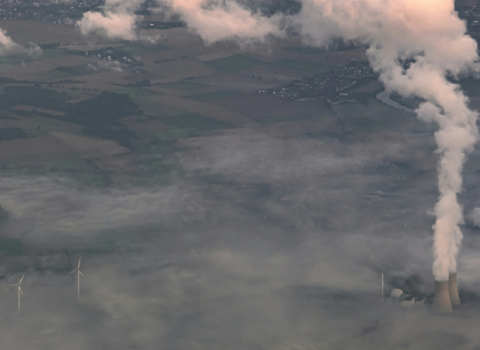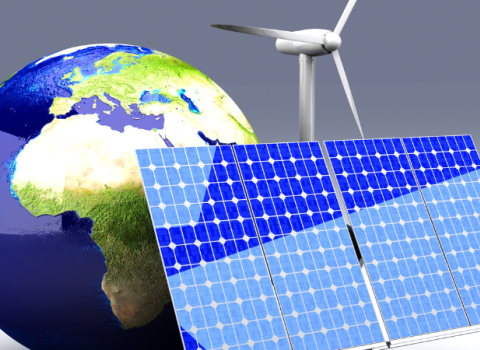The latest EU energy figures show the UK, France and Netherlands are a long way off a key EU renewable energy target.
Adopted in 2009, the binding target for the EU is to source 20 per cent of energy from renewables such as wind, solar and biomass by 2020, and 27 per cent by 2030. According to a new Eurostat report, the UK is currently getting only 7 per cent of its energy from renewables, the Dutch 5.5 per cent and the French 14.3 per cent. Such low numbers suggest those countries are unlikely to meet the agreed EU targets. Countries could be liable for fines if targets are missed.
As a bloc, however, the EU is on track to meet its top-line goal, with renewable sources now making up 16 per cent of all energy use, almost double the 8.5 per cent seen in 2004, according to Eurostat, the European statistics office.Nine member states – Bulgaria, the Czech Republic, Estonia, Croatia, Finland, Italy, Lithuania, Romania, and Sweden – have already met their obligations. The highest share of renewables as a share of overall energy mix is Sweden at 52.6 per cent, followed by Latvia and Finland on 38.7 per cent, and Austria on 33.1 per cent.
In all, 24 of the 28 EU member countries saw their share of renewables grow compared to 2013 in the new Eurostat analysis.
Green groups are continuing to pressure governments to honour their targets. “Regressive policies in member states, including Spain and the UK, prevent communities from producing and supplying their own renewable energy – dangerously delaying the necessary transition,” said Friends of the Earth Europe, in a statement.




 A unique international forum for public research organisations and companies to connect their external engagement with strategic interests around their R&D system.
A unique international forum for public research organisations and companies to connect their external engagement with strategic interests around their R&D system.